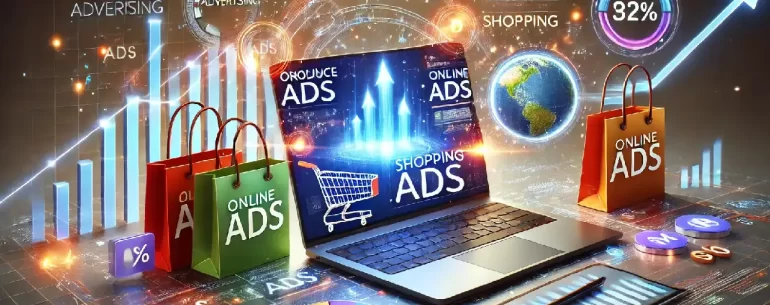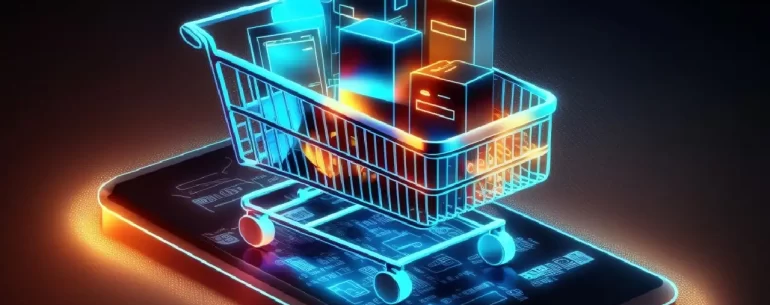Hashtags have become an integral part of online communication and marketing. Whether you’re scrolling through Instagram, Twitter, TikTok or LinkedIn, you’re bound to encounter hashtags connecting people, topics and trends. But what are they, and how can they benefit your business? let’s explore how to use hashtags in your marketing to increase your brand’s exposure.
What are hashtags?
A hashtag is a keyword or phrase preceded by the pound symbol (#). When added to social media posts, hashtags categorise content, making it easier for users to find related topics and engage with like-minded communities. Introduced by Twitter (now X) in 2007, hashtags quickly gained popularity and are now used across nearly all major social platforms.
From increasing brand visibility to driving engagement and promoting campaigns, hashtags can be a powerful tool in your marketing arsenal. However, they must be used strategically to achieve the best results.
Tips for hashtags in your marketing strategy
Hashtags can help take your marketing strategy to the next level by enhancing the visibility and reach of your content. Here’s how they work and their advantages:
1. Increase Post Visibility
- How it helps: By including relevant hashtags, your post becomes discoverable to users searching for or following those hashtags. For example, a coffee shop using #CoffeeLovers can attract coffee enthusiasts beyond its usual audience.
- Example: Add hashtags like #FitnessGoals or #HealthyLiving to a post about a health product to attract health-conscious users. Using good tags could improve post interaction, increase website traffic and drive more users to your content.
2. Boost Engagement
- How it helps: Posts with relevant hashtags are more likely to receive likes, comments and shares because they’re exposed to a broader audience. Increased interaction also tells social media algorithms that your content is valuable, improving its visibility further.
- Tip: Combine trending hashtags with niche-specific ones for balanced engagement.
3. Categorise Your Content
- How it helps: Hashtags group related content together, making it easier for users to find and explore a particular topic. This is especially beneficial for companies sharing a wide variety of content. They’re also one of the most cost-effective online marketing tools.
- Example: A travel agency could use #CityBreaks and #AdventureTravel to target two different segments of their target market.
4. Promote Campaigns
- How it helps: A branded hashtag can unify your campaign, encourage audience participation and increase organic reach. For example, Coca-Cola’s #ShareACoke campaign invited users to share their personalised Coke bottles, resulting in massive online buzz.
- Tip: Ensure your branded hashtag is simple, unique and easy to remember.
5. Encourage User-Generated Content (UGC)
- How it helps: Hashtags encourage your followers to create content related to your brand. This UGC acts as authentic advertising, helping build trust and social proof.
- Example: A fitness brand could run a challenge with hashtags like #30DayFitnessChallenge to engage customers and showcase their dedication.
6. Support Event Promotions
- How it helps: Hashtags for events, such as conferences or product launches, centralise discussions and help build anticipation.
- Example: Use hashtags like #LaunchDay or #YourBrandLive to drum up excitement and make your event more accessible online.
7. Facilitate Trend Participation
- How it helps: By jumping onto trending hashtags, your brand can join popular conversations, boosting visibility and relevance.
- Tip: Monitor trending hashtags to ensure they align with your brand values and message.
8. Enhance Local Marketing
- How it helps: Localised hashtags can help businesses attract nearby customers by targeting specific areas.
- Example: A restaurant in London might use #LondonEats or #BestOfLondon to reach locals and tourists searching for dining recommendations.
9. Encourage Collaboration
- How it helps: Collaborating with influencers or other brands using shared hashtags can extend your reach and bring in new followers.
- Example: Partner with influencers in your industry and co-create content using a mutually beneficial hashtag.
10. Potential for Viral Content
- How it helps: A well-placed hashtag can make your content go viral. Viral posts drive immense traffic to your profile and website, giving you a significant marketing boost.
- Example: A quirky product video with a hashtag like #LifeHacks can quickly gain traction if users find it engaging and share-worthy.
Final thoughts
Hashtags are a simple yet highly effective way to elevate your marketing and social media posts. When used strategically, they can help you reach untapped audiences, drive engagement, and promote your brand with minimal effort and cost.
If you’re unsure how to make the most of hashtags, partnering with a professional online marketing company can ensure your strategy is optimised for maximum exposure. By leveraging the right hashtags in the right places, you can grow your online presence, strengthen your brand, and create meaningful connections with your audience.
Try incorporating hashtags into your marketing plan today and watch your social media engagement and brand visibility soar.


